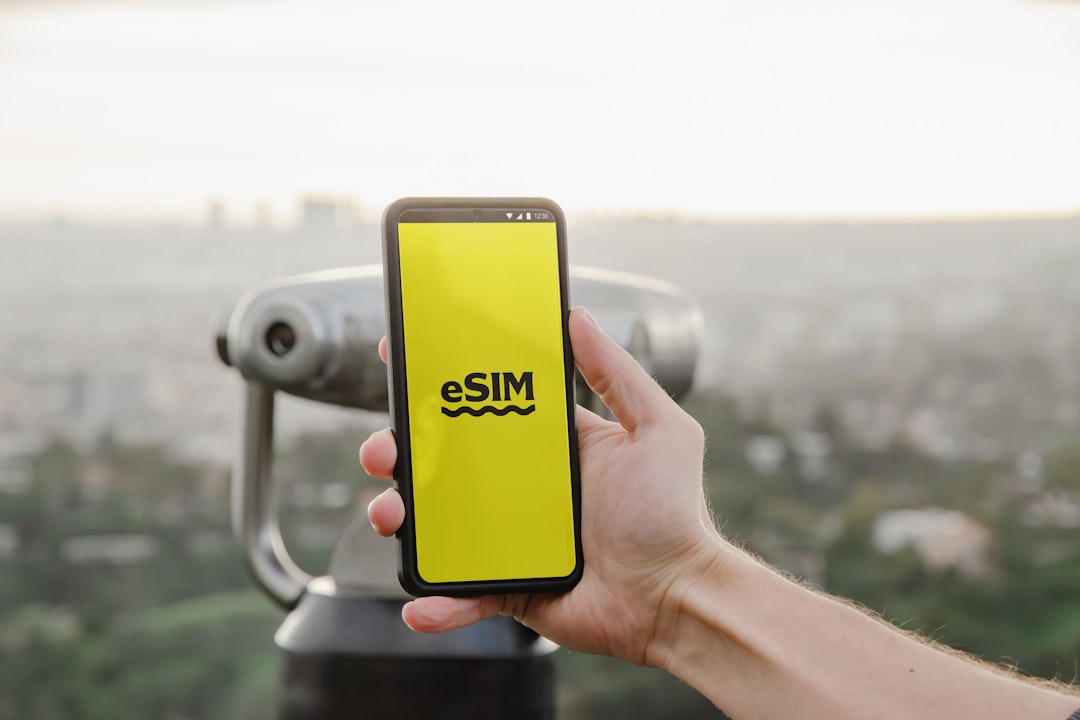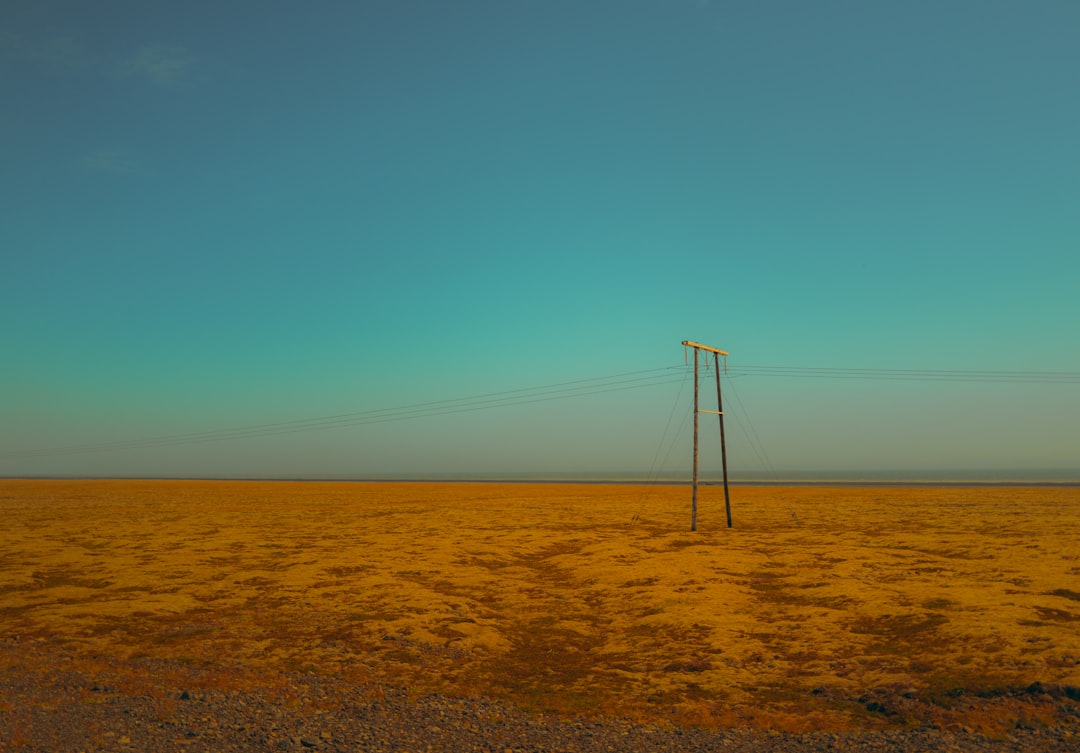Digital Nomad Mexico Safety and Travel Tips

Introduction
Mexico has become one of the most popular destinations for digital nomads seeking a blend of vibrant culture, affordable living, and reliable internet. From the bustling streets of Mexico City to the sun‑kissed beaches of the Yucatán, the country offers a diverse range of environments that can suit any work style. Yet, as with any international move, understanding the local safety landscape and mastering practical travel tips are essential for a smooth and enjoyable stay. This guide gathers the most relevant information for remote workers who plan to live and work in Mexico, covering everything from personal security to health care, transportation, and cultural etiquette.
Understanding the Safety Landscape
General Crime Trends
Mexico experiences a range of crime levels that vary dramatically by region. Large cities such as Mexico City, Guadalajara, and Monterrey have neighborhoods that are safe for tourists and expats, while other districts may have higher rates of petty theft or more serious offenses. Rural areas and popular tourist hubs like Cancun and Playa del Carmen also see a noticeable amount of pickpocketing, especially in crowded markets and public transport.
Key points to remember:
- Petty theft (pickpocketing, bag snatching) is the most common issue for nomads.
- Violent crime is usually concentrated in specific neighborhoods that are easy to avoid with proper research.
- Scams targeting foreigners are present in high‑traffic tourist zones; staying vigilant can prevent most of them.
Government Travel Advisories
The U.S. Department of State, the UK Foreign Office, and other agencies regularly update travel advisories for Mexico. While these warnings can sound alarming, they are generally aimed at helping travelers avoid high‑risk areas rather than discouraging travel altogether. It is wise to check the latest advisory before you depart and periodically during your stay.
Regional Differences
- Mexico City: A global metropolis with a robust police presence in central districts (Polanco, Condesa, Roma). Crime can be higher in outskirts and certain southern neighborhoods.
- Yucatán Peninsula (Cancun, Playa del Carmen, Tulum): Tourist‑focused security is strong, but petty theft spikes during peak season.
- Pacific Coast (Puerto Vallarta, Sayulita, Mazatlán): Generally safe for tourists, though isolated beaches may lack immediate police assistance.
- Northern Border States (Tijuana, Ciudad Juárez): Higher levels of organized crime; many nomads avoid these regions unless required for business.
Practical Safety Tips for Digital Nomads
Personal Security
- Blend In: Dress modestly and avoid flashing expensive gadgets or jewelry.
- Secure Your Belongings: Use a lockable backpack, keep passports and cash in a hidden money belt, and never leave items unattended in cafés or co‑working spaces.
- Stay Informed: Subscribe to local news apps or follow community groups on social media for real‑time safety updates.
- Emergency Contacts: Save the numbers for local police (911), your embassy, and a trusted local contact in your phone.
Accommodation Safety
- Choose Reputable Platforms: Use Airbnb, Booking.com, or well‑known co‑living operators that verify hosts and properties.
- Read Reviews: Look for comments about safety, reliable locks, and neighborhood security.
- Check Entry Points: Ensure doors have deadbolts, windows can be locked, and there is a peephole or security chain.
- Fire Safety: Verify that the building has smoke detectors, fire extinguishers, and clear evacuation routes.
Working Space Security
- Co‑working Spaces: Opt for venues that provide secure Wi‑Fi, lockers, and a reception desk that monitors access.
- Cafés: Keep laptops close, use a cable lock if possible, and avoid leaving devices unattended even for a short time.
- Data Protection: Use a VPN when accessing public Wi‑Fi, enable two‑factor authentication on work accounts, and regularly back up important files.
Health and Medical Considerations
Health Insurance
Mexico does not have a universal health care system that covers foreigners automatically. It is essential to purchase a travel medical insurance plan that includes:
- Hospitalization and emergency evacuation
- Out‑patient care and prescription medication
- Coverage for COVID‑19 related treatment
Many digital nomad insurance providers offer plans specifically for long‑term stays.
Local Healthcare Facilities
- Public Hospitals (IMSS, ISSSTE): Low cost, but often crowded and may have language barriers.
- Private Clinics and Hospitals: Higher cost but faster service and English‑speaking staff in major cities. Notable private networks include Hospital Ángeles, Médica Sur, and Galenia.
Carry a small medical kit with basic supplies (pain relievers, antihistamines, bandages) and any prescription medication you need.
Vaccinations and Preventive Care
- Routine vaccines (MMR, tetanus, hepatitis A) should be up to date.
- Typhoid and hepatitis B are recommended for long stays.
- Travelers’ diarrhea: Bring oral rehydration salts and consider a short course of antibiotics prescribed by a doctor.
Transportation Safety
Airports and Air Travel
Mexico’s major airports (Mexico City, Cancún, Guadalajara) have modern security procedures. Arrive early, keep travel documents handy, and be aware of the occasional pickpocket in busy terminals.
Public Transportation
- Metro and Buses: Efficient and cheap in large cities, but can be crowded. Keep bags close, avoid traveling alone late at night, and watch for pickpocketing in rush hour.
- Taxis: Use authorized taxi stands, ride‑hailing apps (Uber, DiDi, Cabify) or pre‑booked services rather than hailing street taxis.
- Colectivos and Microbuses: In smaller towns, these shared vans are common but may lack safety standards. Verify that the driver is licensed and the vehicle is in good condition.
Car Rentals and Driving
- Driving License: A valid driver’s license from your home country is accepted for short stays; an International Driving Permit (IDP) is recommended for longer periods.
- Road Conditions: Main highways are well‑maintained, while rural roads can be narrow and poorly lit. Use caution during rainy season when potholes appear.
- Insurance: Purchase comprehensive rental insurance that covers third‑party liability and theft.
Money Management and Avoiding Scams
Currency and Payments
- Mexican Peso (MXN) is the official currency. Credit cards are widely accepted in urban areas, while cash is king in markets and smaller towns.
- ATMs: Use bank‑affiliated ATMs in malls or banks; avoid standalone machines on the street.
Common Scams
- Tourist “friendly” strangers offering unsolicited tours or currency exchange at poor rates. Politely decline and use official services.
- Overcharging in restaurants: Ask for a menu with prices and double‑check the bill before paying.
- Fake police: Criminals sometimes pose as officers and ask to see your passport. Real police will request identification but will not demand money. If you feel unsafe, ask to see their badge and call the official police number.
Protecting Your Finances
- Separate Accounts: Keep a local bank account or a travel‑focused debit card for everyday expenses, and a separate credit card for larger purchases.
- Alert Your Bank: Notify your bank of your travel plans to avoid blocked transactions.
- Use Secure Wi‑Fi: When accessing online banking, use a VPN or a trusted private network.
Connectivity and Working Essentials
Internet Access
- Mobile Data: Major carriers (Telcel, AT&T Mexico, Movistar) offer prepaid SIM cards with data plans ranging from 5 GB to unlimited. Purchase a SIM at the airport or authorized stores; bring your passport for registration.
- Home Internet: Many apartments include fiber optic or cable internet with speeds suitable for video calls and large file transfers. Verify the speed before signing a lease.
Power and Electronics
- Voltage: Mexico uses 127 V, 60 Hz, with Type A and B plugs (same as the United States). Bring a universal adapter if your devices have different plugs.
- Surge Protectors: Power surges can damage equipment; use a surge‑protected power strip for laptops and chargers.
Cultural Etiquette and Social Norms
Greetings and Interaction
- A firm handshake or a light cheek kiss (in more informal settings) is common.
- Using “Señor” or “Señora” followed by a last name shows respect, especially with older individuals.
Dress Code
- In business districts and upscale restaurants, smart‑casual attire is expected.
- Beach towns are more relaxed, but avoid overly revealing clothing in public spaces.
Tipping
- Tipping is customary: 10‑15 % in restaurants, a few pesos for hotel staff, and small amounts for taxi drivers if the service is good.
Public Behavior
- Loud conversations or public displays of affection may be frowned upon in conservative areas.
- Respect local customs regarding religious sites: dress modestly and remove shoes where required.
Emergency Services and Important Numbers
- Police, Fire, Ambulance: 911 (works nationwide)
- U.S. Embassy in Mexico City: +52 55 5080 2000
- British Embassy in Mexico City: +52 55 5080 3000
- Canadian Consulate in Monterrey: +52 81 8345 5000
Keep these numbers saved on your phone and printed on a small card in your wallet.
Regional Safety Highlights
Mexico City
- Safe Neighborhoods: Polanco, Condesa, Roma, Coyoacán, Santa Fe.
- Risk Areas: Tepito market, Iztapalapa, certain parts of the historic center after dark.
- Transport Tips: Use the Metro at off‑peak hours, rely on Uber for night travel, and avoid flagging down street taxis.
Oaxaca
- Known for its colonial charm and culinary scene. The city center is generally safe, but be cautious in the outskirts after dark. Use reputable tour operators for trips to nearby villages.
Playa del Carmen & Tulum
- Tourist hotspots with strong police presence in main zones. Keep valuables in a hotel safe, and avoid walking alone on the beach after midnight.
Puerto Vallarta
- A popular expat hub with a friendly atmosphere. The Romantic Zone and Marina are safe for night outings, while the surrounding hills have limited police patrols.
Guadalajara
- A cultural hub with a vibrant tech scene. Neighborhoods like Chapultepec and Providencia are safe for co‑working, but avoid certain southern districts after dark.
Visa, Residency, and Legal Considerations
Tourist Visa
- Most visitors from the U.S., Canada, EU, and many other countries can stay visa‑free for up to 180 days. Entry is granted at the border or airport, and an immigration card must be kept.
Temporary Resident Visa
- If you plan to stay longer than 180 days or work remotely for a foreign company, you may apply for a Temporary Resident Visa. Requirements include proof of income (typically three months of bank statements showing at least USD 2,500 per month) and a valid passport.
Working Legally
- Remote work for a foreign employer does not require a Mexican work permit, but you must not engage in local employment without the appropriate visa.
Tax Obligations
- Mexico taxes residents on worldwide income. If you stay more than 183 days in a calendar year, you may be considered a tax resident. Consult a tax professional to understand your obligations and possible double‑taxation treaties.
Sustainable and Responsible Travel
- Support Local Businesses: Choose locally owned cafés, restaurants, and co‑working spaces.
- Reduce Plastic Use: Bring a reusable water bottle; many cities have refill stations.
- Respect the Environment: In beach towns, avoid littering and follow guidelines for coral reef protection.
A Practical Safety Checklist
- Research the safety profile of your chosen city and neighborhood.
- Purchase comprehensive travel medical insurance.
- Obtain a local SIM card with data and set up a VPN.
- Register your travel plans with your embassy.
- Keep copies of important documents (passport, visa, insurance) both digitally and on paper.
- Pack a basic first‑aid kit and any necessary prescription medication.
- Install a reliable backup system for work files (cloud storage + external drive).
- Learn basic Spanish phrases for emergencies (“Ayuda”, “Policía”, “Hospital”).
- Carry a small amount of cash in MXN and a debit/credit card with a secure PIN.
- Set up emergency contacts on your phone and share your itinerary with a trusted friend or family member.
Final Thoughts
Mexico offers a rich tapestry of experiences that can make digital nomad life both productive and rewarding. By staying informed about regional safety nuances, adopting practical security habits, and respecting local culture, you can enjoy the country’s vibrant communities, delicious cuisine, and stunning landscapes without unnecessary worry. Remember that safety is a combination of preparation, awareness, and adaptability. With the tips in this guide, you are well equipped to make the most of your Mexican adventure while keeping yourself, your work, and your belongings secure. Safe travels and happy remote working!
Random Posts

Explore Africa’s Prime Digital Nomad Havens
Discover Africa’s top digital nomad spots where fast WiFi, low cost living and stunning scenery meet vibrant culture. This guide reveals the best cities and towns for remote work and adventure
2 months ago

Beginners Roadmap To Freedom On The Move
Follow a step-by-step roadmap that shifts your mindset, builds a lean financial base, equips you with essential gear, sets up remote work, handles legal basics, and creates healthy habits for sustainable nomadic freedom.
1 week ago

Live and Work in Latin America’s Vibrant Remote Hubs
Discover Latin America’s top remote working hubs, from Mexico City’s culture to Florianópolis surf, with insider tips on visas, cost, internet, coworking and lifestyle for digital nomads seeking affordable vibrant living.
2 months ago

Smart Tax Strategies and Residency Choices for Digital Nomads
Discover how digital nomads can cut taxes and stay compliant by choosing the right residency, structuring income, and leveraging smart visa options in a clear step-by-step roadmap.
6 days ago

Minimalist Nomad How to Travel Light and Live Sustainably
Embrace the Minimalist Nomad mindset: choose gear with purpose, keep only multifunctional items, align travel with freedom, low footprint, and financial independence for lighter journeys and a greener planet
2 months ago
Latest Posts

Essential Software Every Remote Professional Should Use
Master remote work with essential tools: instant messaging like Slack, high definition video calls such as Zoom, and asynchronous voice apps. Streamline communication, stay connected and boost productivity.
1 day ago

Mastering Remote Work Productivity for Digital Nomads and Freelancers
Learn proven habits, tools, and tactics that help digital nomads and freelancers stay focused, deliver quality work, and maintain a sustainable lifestyle while traveling the world.
1 day ago

Tech‑Friendly European Towns Perfect for Remote Living
Discover Europe’s best small towns where fast internet, affordable living and vibrant tech communities let you work remotely while soaking up historic charm, lakeside views or mountain air.
1 day ago